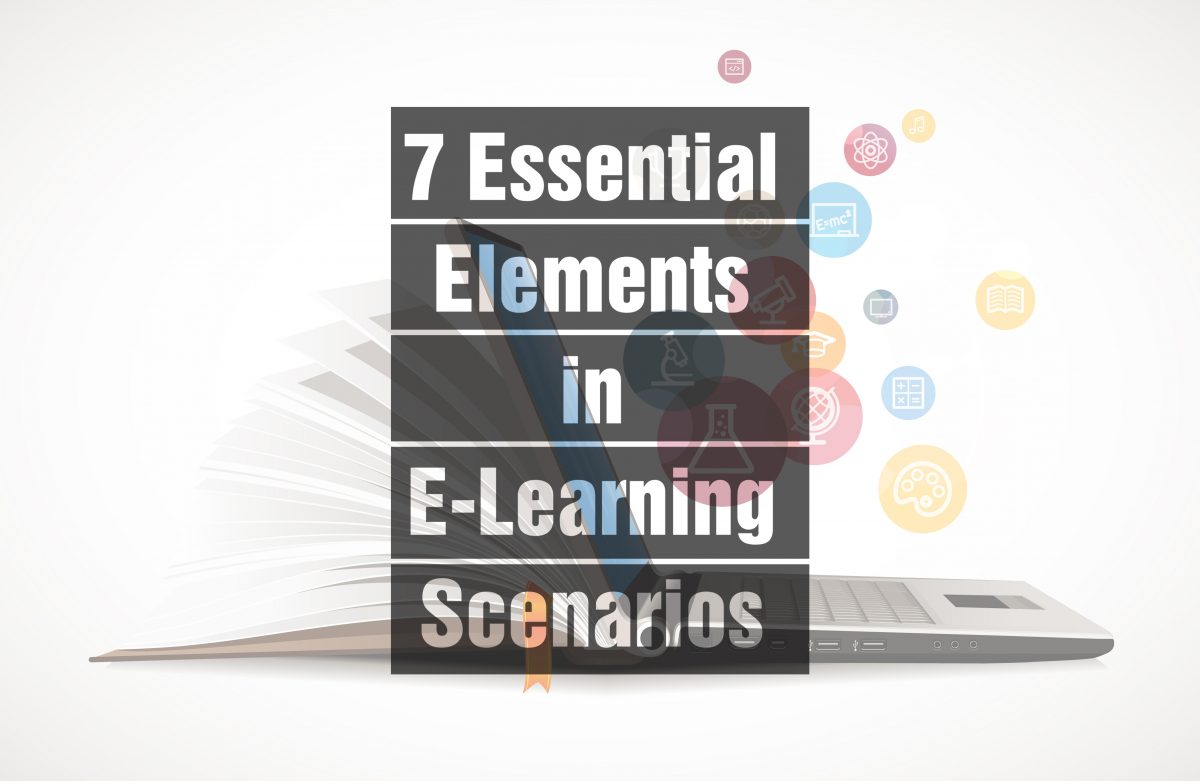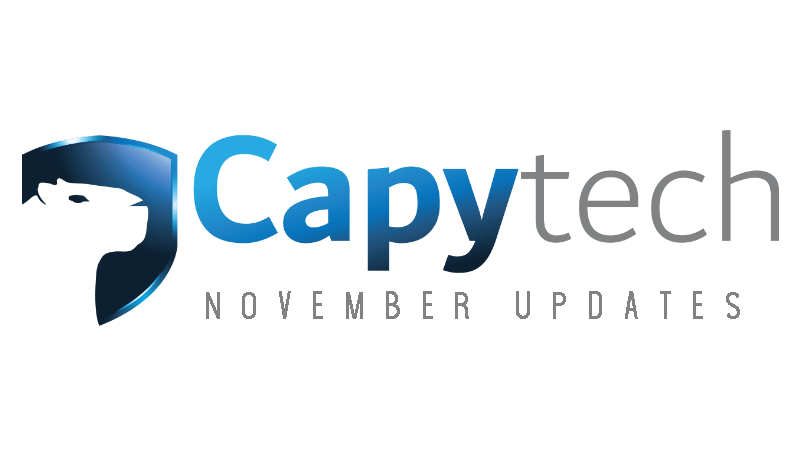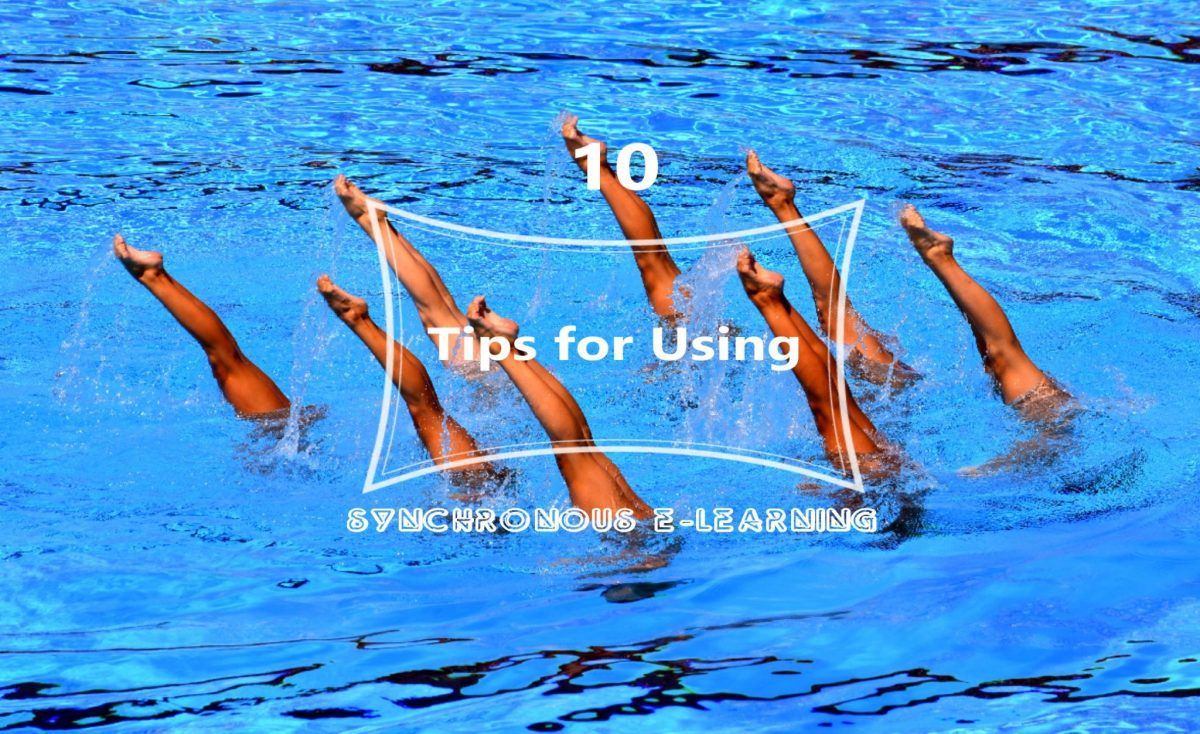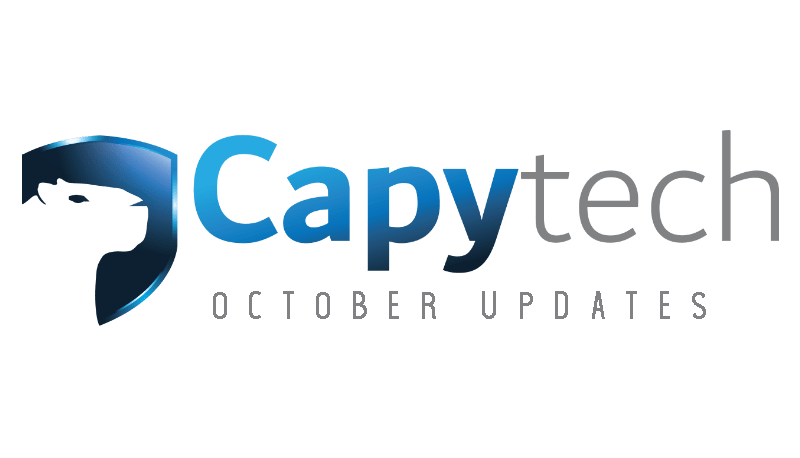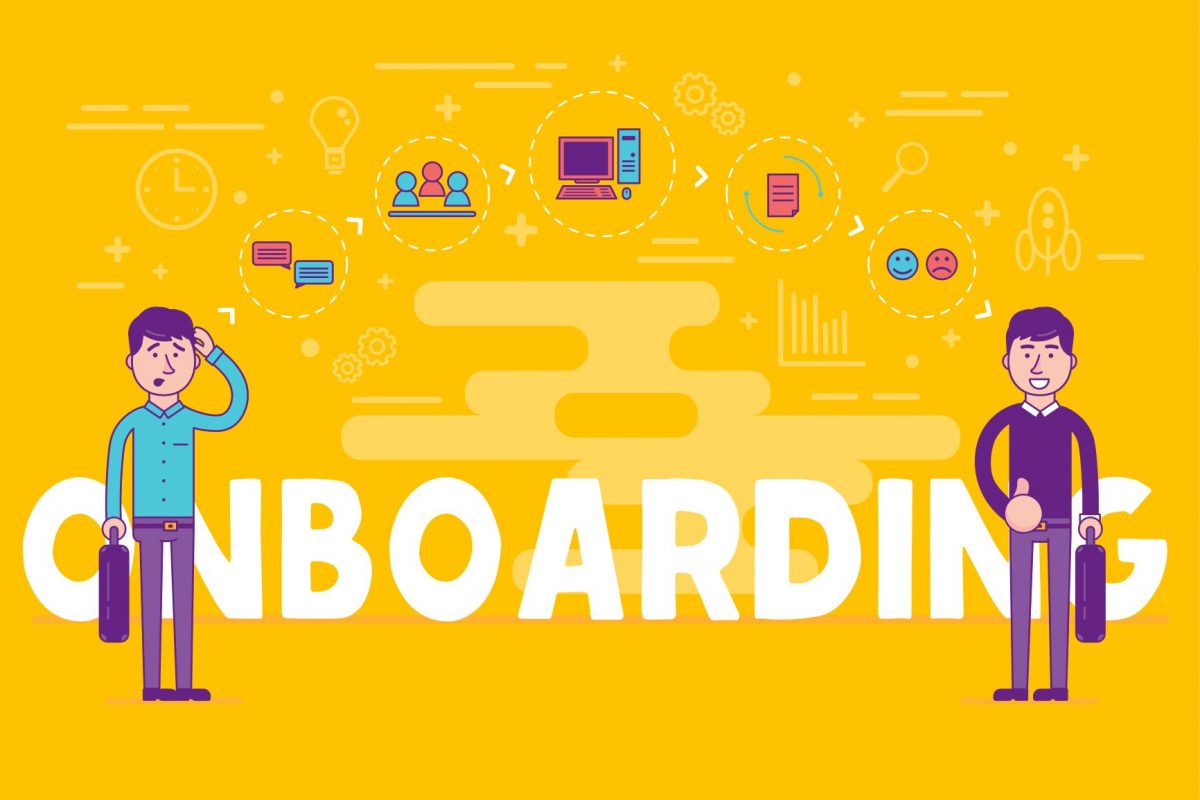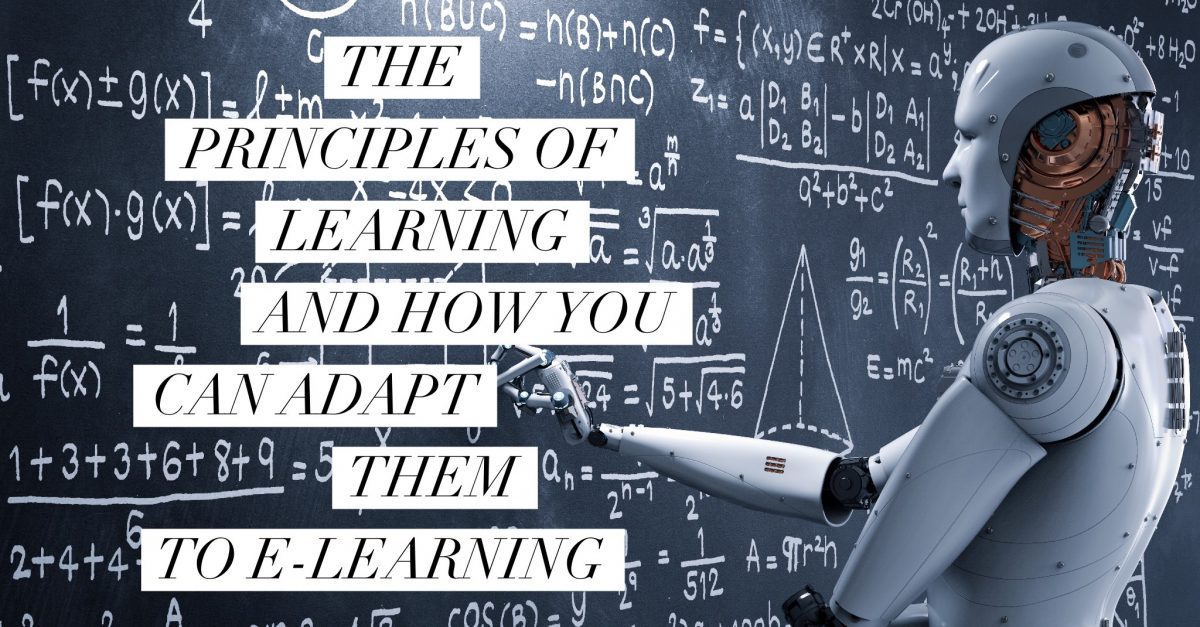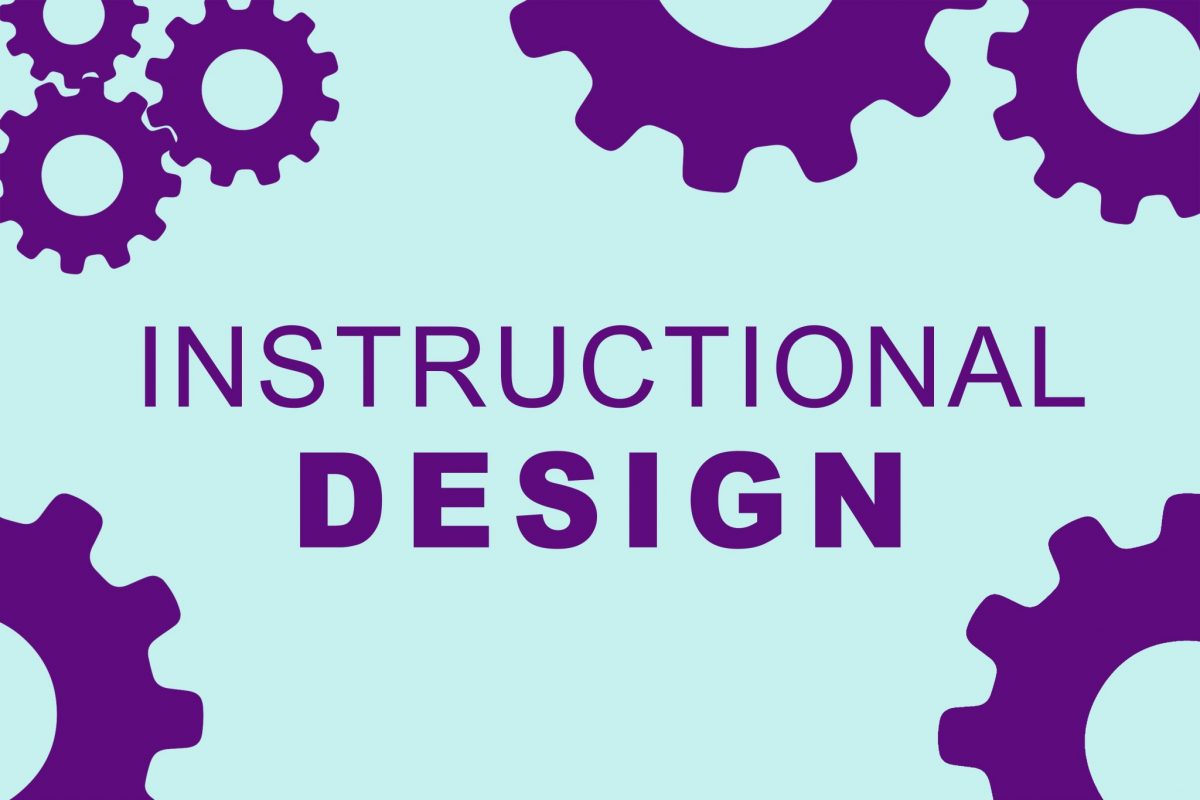7 Essential Elements in E-Learning Scenarios Scenarios are a powerful tool to use in any e-learning course. They are the digital form of role-playing where learners get to put their new knowledge into action. How do you make scenarios in your e-learning courses as effective as possible? Here are seven essential elements that should be in all e-learning scenarios. Good …
How Branching Scenarios Will Take Your E-Learning Courses to Another Level
How Branching Scenarios Will Take Your E-Learning Courses to Another Level Branching scenarios usually appear on high-end e-learning courses because they are complex to put together. That said, when you work with an experienced e-learning developer in Dubai adding branching scenarios to your e-learning courses becomes realistic. After all, an e-learning developer will have the required skills and knowledge. What …
Ways to Maximise E-Learning Return on Investment
12 Ways to Maximise E-Learning Return on Investment You can do lots of things with e-learning including enhancing the existing skills of your team, giving your team new skills, improving productivity, and making your business more efficient. Crucial to all these things is getting a return on investment. That begs the question: how can you maximise e-learning return on investment? …
Tips for Using Synchronous E-Learning
10 Tips for Using Synchronous E-Learning Synchronous e-learning can deliver incredible results with learners enjoying the experience and you achieving your training goals. As with most training strategies, however, you must make sure you use best practices when deploying synchronous e-learning courses. Below are 10 tips to help you get the best possible result when using synchronous e-learning. Before getting …
Tips When Using E-Learning for Onboarding
8 Tips When Using E-Learning for Onboarding Onboarding incorporates all the steps and actions your company takes to get a new hire up and running. In other words, it’s essential whatever your business and whatever type of job you recruited the new employee for. All too often, however, onboarding processes don’t meet the same standards that companies set themselves in …
The Principles of Learning and How You Can Adapt Them to E-Learning
The Principles of Learning and How You Can Adapt Them to E-Learning The Principles of Learning describe the factors and situations that facilitate learning and help people retain information. There are six principles: Readiness Exercise Effect Primacy Recency Intensity Let’s look at each as well as how you can use them when developing an e-learning course. Readiness This principle applies …
Instructional Design Best Practices When Developing E-Learning Courses
Instructional Design Best Practices When Developing E-Learning Courses Instructional design involves taking a structured approach to creating an e-learning course. The objective is to facilitate and help the learning process. To achieve this, it is important to follow instructional design best practices when developing e-learning courses. We defined instructional design in detail and discussed its importance in a previous blog, …
What is Instructional Design in E-Learning
What is Instructional Design in E-Learning Instructional Design in e-learning involves designing courses in a way that makes it easier for learners to acquire new skills and knowledge. Instructional design does this my making e-learning courses more effective and efficient as well as making them practical and visually appealing to learners. Okay, that could be a definition you apply to …
